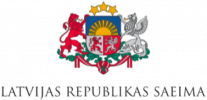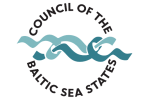On 2-3 February, members of the Education, Science and Culture Committee of the Baltic Assembly met in Vilnius to discuss media, educational and cultural cooperation of the Baltic States and other important issues. Vice Chair of the Education, Science and Culture Committee Vytautas Juozapaitis highlighted that the Russian aggression towards Ukraine and the war in Europe have reminded the importance of Baltic friendship. “We are like-minded countries that understand Russia’s aggression, propaganda, and disinformation better than many in Europe. Our countries are small by size but our compassion and readiness to act to protect democracy and freedom in Europe is enormous,” Juozapaitis emphasized.
Afterwards, government experts informed about the developments in media cooperation. Researcher and Associate Professor for Media Policies at Tallinn University, Co-author of the research “Trust in public service media in the Baltic States” and Media Adviser at the Arts Department at the Ministry of Culture of Estonia Andres Jõesaar informed that an effective defence mechanism for the European information space is needed. He added that there must be a common understanding that Russian propaganda channels must be treated as weapons of information warfare, and their restriction cannot be prevented under the pretext of freedom of speech. After discussions, it became clear to the parliamentarians that while countries have to work on increasing funding and quality of public and private media, there is a need to enhance cooperation between the Baltic States in this field. The experts also highlighted media and information literacy as important cooperation area for the Baltic States. The importance of the connection with trust in public radio and TV and satisfaction with national democracy was also assessed.
In the area of cultural cooperation, it was concluded that many activities have been carried out and there is an increasingly regular exchange of practices between the ministries of culture of the Baltic States. Undersecretary for Arts at the Ministry of Culture of Estonia Taaniel Raudsepp informed that the resources already available should be used more, for example, the European Capital of Culture, UNESCO Creative Cities Network and other platforms. Senior Adviser of the Creative Sectors and International Culture Policy Unit of the Ministry of Culture and the Acting Director of the Lithuanian Culture Institute Daiva Parulskienė emphasized that cooperation in this area is so close that we could never be able to cover the variety and wholeness of it. For example, ministries maintain constant communication and exchange of data, which was especially important during the COVID-19 crisis, and is also very active during Russia’s war in Ukraine. Deputy State Secretary at the Ministry of Culture of Latvia Uldis Zariņš added that the Baltic cooperation in the field of culture is not just well-established, but that they are always finding new work and initiatives. There are now many issues in common, for example, the status of cultural persons, who are self-employed as they are not socially protected, that could be addressed in the future.
During the meeting, the representatives of the Nordic Council of Ministers and the Nordic Council presented the Strategy for International Branding of the Nordic Region 2022-2025 as an excellent example of international branding. Project Manager at the Communications Department of the Nordic Council Tobias Grut informed that the most important part was finding the common DNA, which for the Nordic region is the shared set of values as they stand for a long term. Following the presentation, the parliamentarians and government experts discussed the benefits of such an approach for the Baltic region and it was concluded that the power of togetherness is proven by the fact that when you speak with a joint voice you speak much louder.
The participants also discussed improving vocational and technical education to increase the overall competitiveness of the Baltic region. Vice Minister of Education, Science and Sport of Lithuania Agnė Kudarauskienė informed that the past years have been crucial in modernizing vocational education as it is necessary not just for increasing attractiveness, but also for adapting it to the needs of the labour market. There are also various examples of successful cooperation in the past, for example, with the Baltic Chamber of Commerce. One of the topics raised by the Director of the VET and Adult Education Department at the Ministry of Education and Science of Latvia Rūta Gintaute-Marihina was also the Baltic Alliance for Apprenticeships - the Ministries of Education of Estonia, Lithuania and Latvia committed themselves to cooperate for the promotion of apprenticeships and work-based learning by Signing the Declaration of Intent on the Baltic Alliance for Apprenticeships. Currently, it is not active anymore, however, during the meeting a wish to renew such kind of cooperation was raised.
Lastly, the implementation of the recommendations of the Baltic Assembly on scientific capacity and excellence, science, technology, engineering and mathematics (STEM) education and space-related issues were assessed. Head of the Strategic Analysis Department at the Estonian Research Council Marko Piirsoo informed that some of the success stories are the EEA Baltic Research Programme, in which researchers from the Baltic States can get together and gain valuable experience, and the Baltic research managers’ cooperation project. Vice Minister of Education, Science and Sport of Lithuania Agnė Kudarauskienė added that STEM fields are of particular policy relevance as countries seek to enhance skills for technological innovation, however, enrolment in such fields remains relatively low and policy initiatives to address these issues should continue, therefore, the cooperation and exchange of experiences of the Baltic States are essential. Senior Expert of Space and Innovation Policy at the Ministry of Economics of Latvia Angelīna Bekasova concluded the meeting with plans for the Baltic States in 2023 for cooperation in the space field and emphasized the unique strengths and common challenges shared, which helps everyone see the potential for more cooperation of the Baltic States in becoming space pioneers.
Photos
© Photos by the Secretariat of the Baltic Assembly
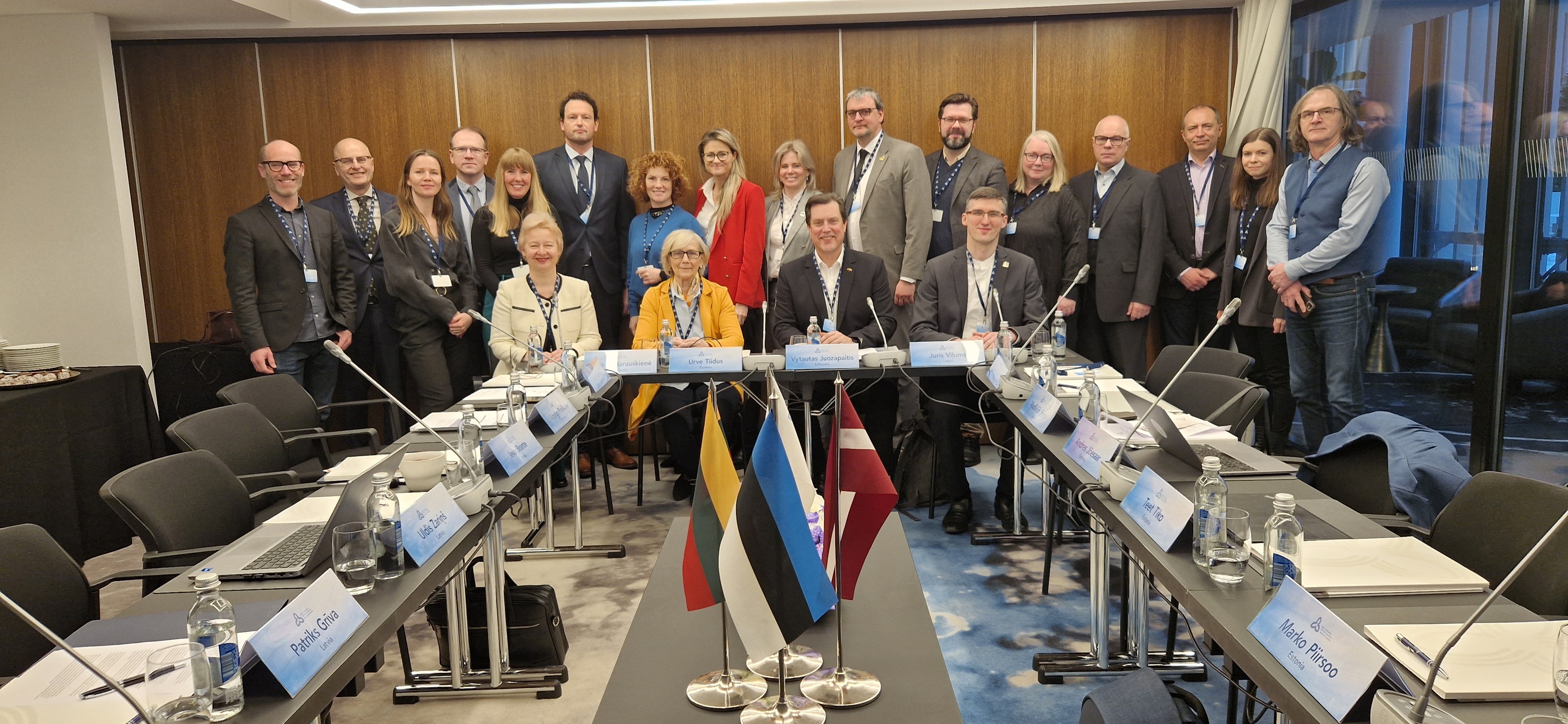
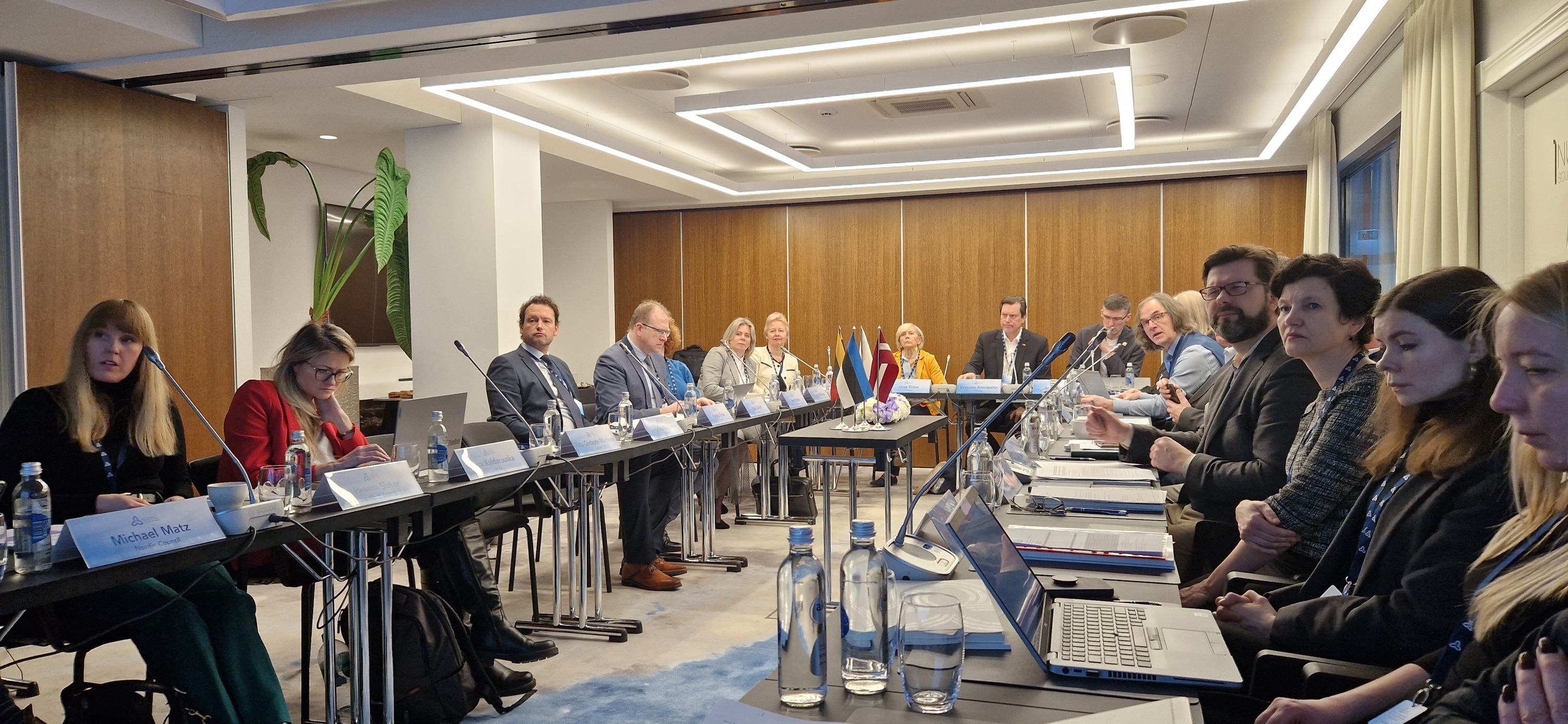

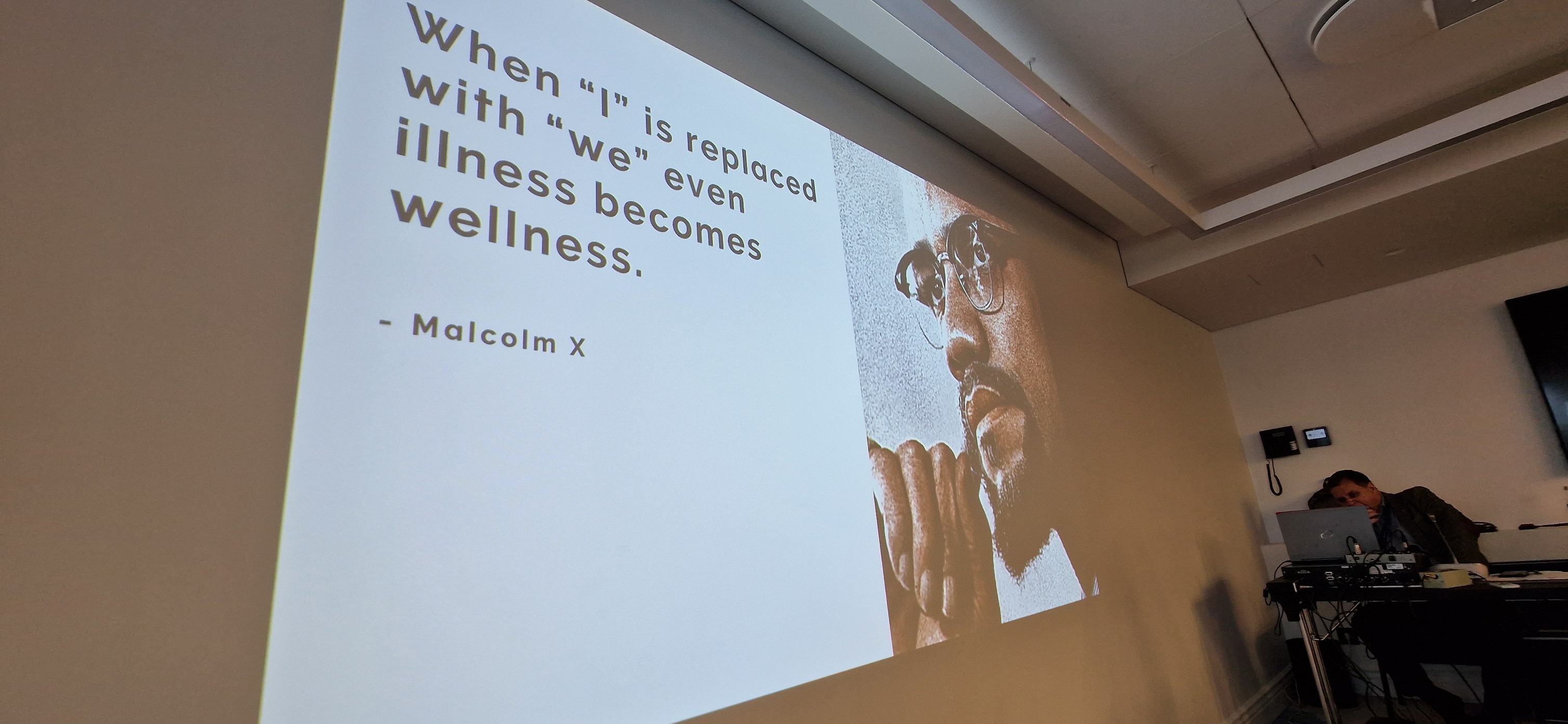
 Print
Print 

